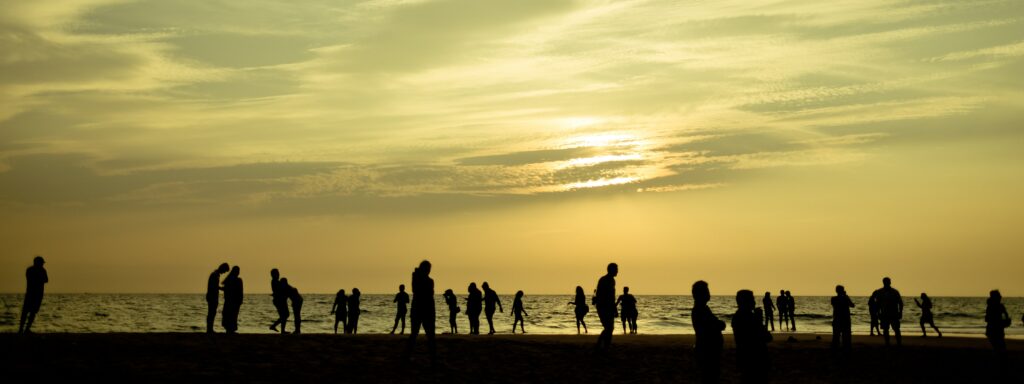- A new scientific phenomenon seems to be exploding around us, which we’re calling the “Fire department effect”. According to the Vancouver Sun, “The chief of the Dashwood Volunteer Fire Department near Qualicum Beach is warning people about lithium batteries after one exploded in his home.” Unlike the fire department that burned itself down in Germany, this time the chief had a smoke alarm. And the battery wasn’t even plugged in when it went off. Mercifully this fire was contained with no harm to people and minimal harm to property, though the Sun does note that “Of the 10 fire deaths in Vancouver in 2022 half were caused by rechargeable batteries.” And, the chief posted ominously, “We had a very close call yesterday afternoon which if our smoke alarms were not working and quick action (not taken) to extinguish the fire, we would have lost our home or at best made it unliveable,” adding “Lucky for us someone was home to hear the alarms and see the smoke/fire.” So if you can’t actually leave these little bombs of the green energy future unattended even when unplugged, we think they may not be the emissions- and worry-free mobility aids we were promised by a bunch of politicians without an engineering degree among them.
- From the “hottest year ever” file, we bring you such toasty news as “Wind chill to hit -11 C as winter arrives in Ottawa” plus “BC’s weather forecast is calling for a ‘prolonged snowstorm’ and up to 25 cm of snow”. Not to mention “the forecast suggests this winter will be generally colder and more impactful than last year, with the cold comeback aimed more toward Western Canada. The forecast is for a colder season with near- or above-normal snow totals across parts of the west.” Further south “Massachusetts could get snow, ‘wintry weather’ around Thanksgiving, Black Friday” and further east, in Britain, there was snow at Jesus College, Oxford, alma mater of Climate of Gavin Schmidt. Oh, and much further east “The biggest November snowstorm to hit South Korea’s capital in more than a half-century blanketed the capital on Wednesday, grounding hundreds of flights, disrupting commuter traffic and leaving at least two dead.” Good thing it wasn’t warmer…. Uh…
- From the “if only they had Google on their computers” file we bring you “Saudi Arabia has experienced its first-ever snowfall”. Wow. How extreme is that? Except uh the snowstorm of 2016 there. And the time in 2022 that “Rare snow and hailstorms cover Saudi desert”. Still, the Times of India insists that “For the first time in history, Saudi Arabia experienced its first snowfall” (which it would be odd if it did for the second time in history) and that this phenomenon “transforming the typically arid landscape into a winter wonderland” was an unusual weather event, attributed to a rare low-pressure system” instead of being, you know, that thing that starts with a “c” when it’s hot. No, wait. Sorry, “As social media floods with breathtaking images, the phenomenon is also serving as a wake-up call for climate awareness and the urgency of environmental action.” Lest the desert become less searingly arid.
- The rule with rhetorical questions in headlines is that the answer is always “No.” Hence Euronews.green asks breathlessly: “Could China’s CO2 emissions peak by 2025? Experts optimistic about the superpower’s green transition”. Thank goodness for experts, or we’d have to rely on the evidence of our own eyes.
- Caught telling a porky about polar bears in Canada (specifically “The species is in decline, and scientists attribute it to the loss of sea ice caused by global warming”) the BBC responded to a reader’s complaint by insisting that “Research carried out by the ECU confirmed scientists agree climate change will cause a reduction in sea ice, which is likely to have a long-term detrimental effect on polar bears and overall population numbers.” Sound like contrition? Not really. They did then mumble that “There are also considerable challenges in obtaining reliable data. However, evidence from the Canadian Wildlife Service and the Polar Bear specialist group of the International Union for the Conservation of Nature appears to suggest numbers are stable overall at present and not in decline as stated.” But on proclaiming the complaint being “Upheld” on this basis and despite what, they claim, “scientists agree”, the dreaded consequence of this misinformation was that “The finding was reported to the Board of BBC News and discussed with the editorial team concerned.” Ooooh. Look for major changes in reporting sometime around the year 2078.
See Comments 
Tidbits
04 Dec 2024 | News Roundup



My Son in Law has a Plumbing business and charges up his hand tools in his Garage which fortunately is detached because o BatteryFire burned it out. Guess how many EV s they’ll be buying. Yes ,you can count them on the fingers of one foot.
First thing an EV supporter will retort after an electric car or bike catches fire,is that ICE vehicles catch fire way more often.But at least those fires can be put out quickly.And they don't catch fire spontaneously.And a lot of electric bikes especially are catching fire,even in apartment buildings.How well would you sleep knowing your neighbor on the floor below you is charging one of these timebombs?
Most ICE fires are electrical, caused by bad or worn wiring, and can be put out with a bit of water or a small fire extinguisher. Li-ion batteries contain their own oxygen source, so require HUGE amounts of water and foam to put out relative to the size of the battery that caused it, so mostly get left to burn themselves out. Firefighters mostly just try to prevent the fire spreading to other locations. And even when “put out”, Li-ion battery fires can spontaneously re-ignite. Anyone comparing a ICE fire to a Li-ion battery fires has an IQ in the low 80’s.